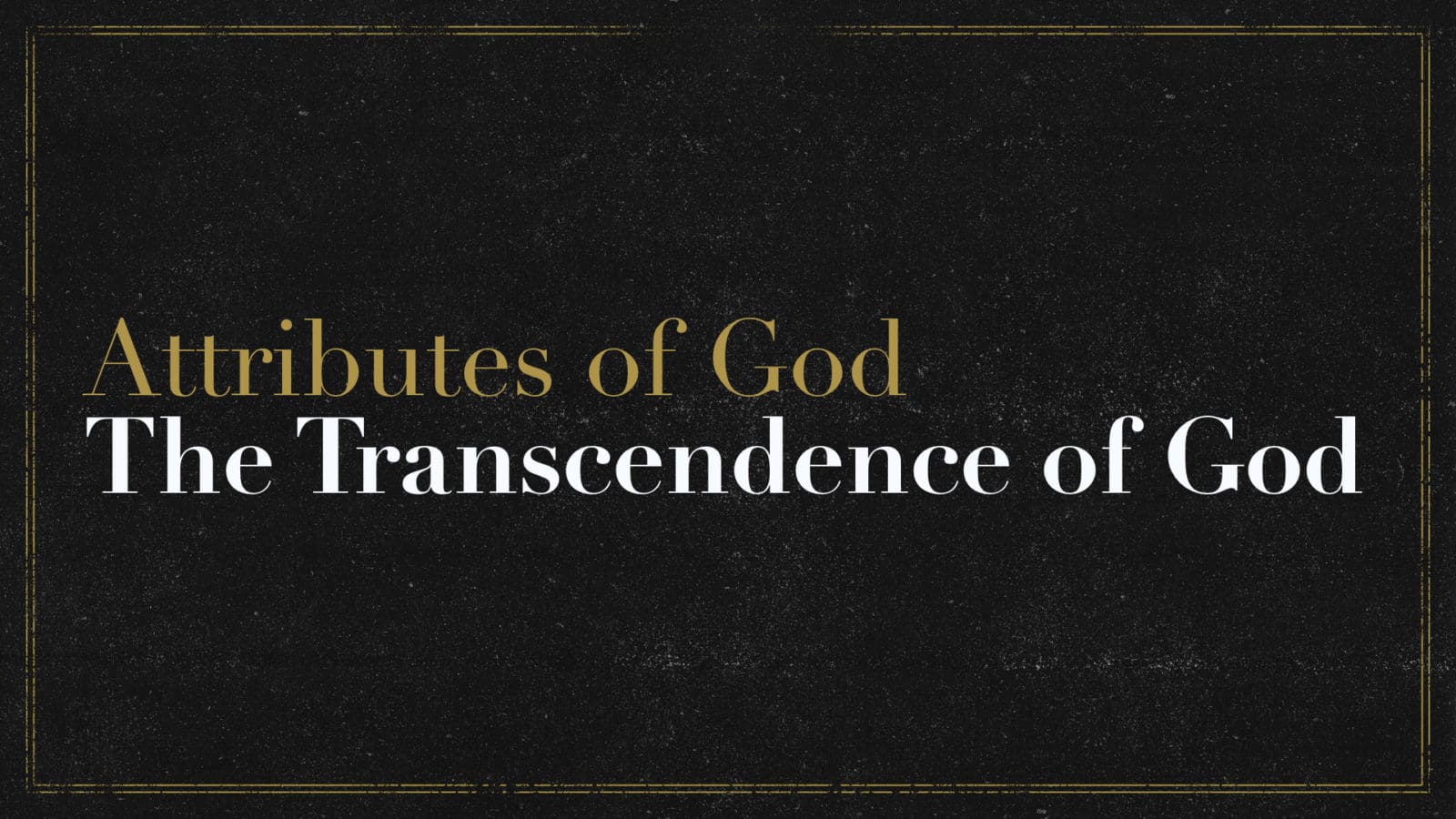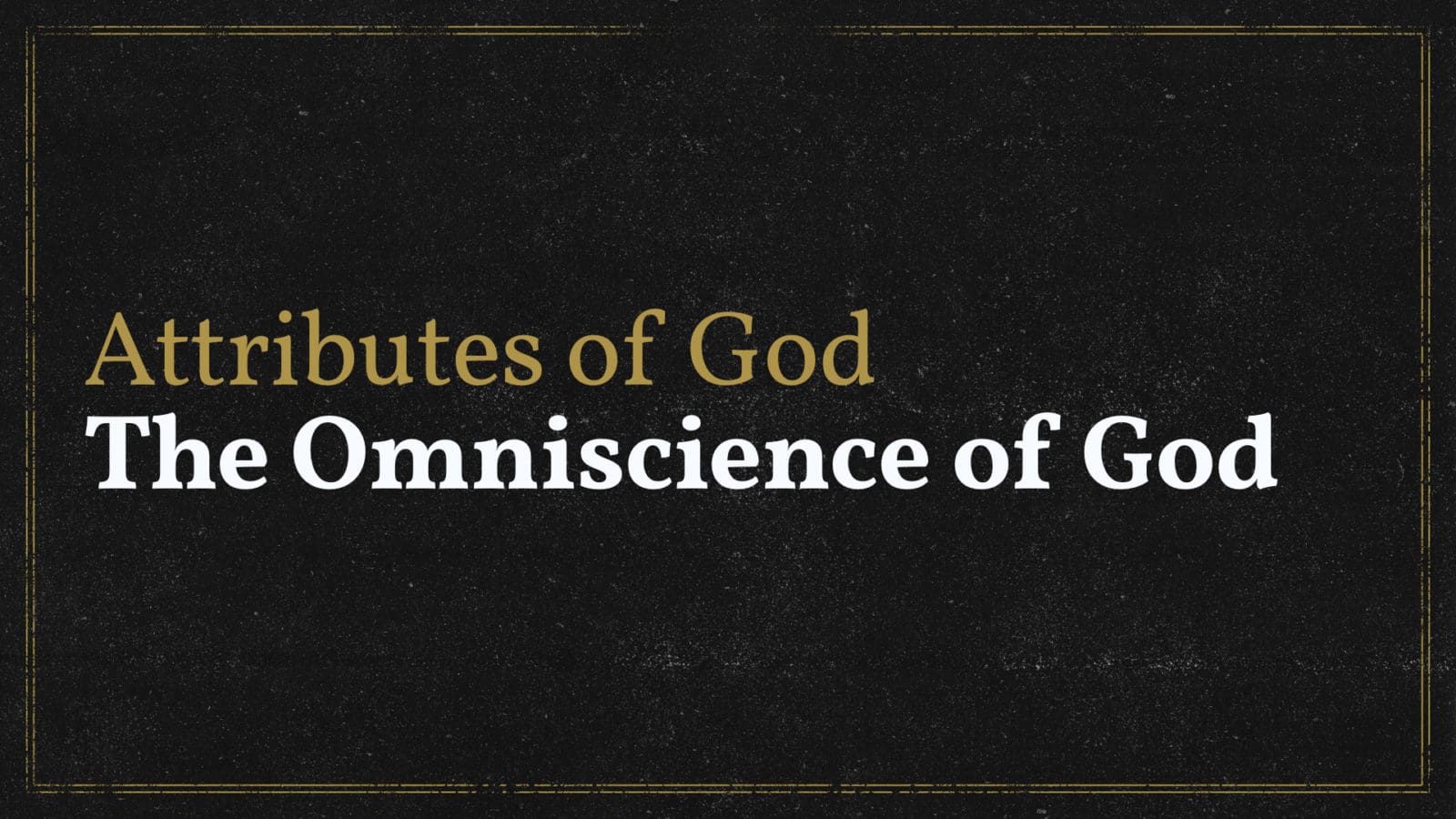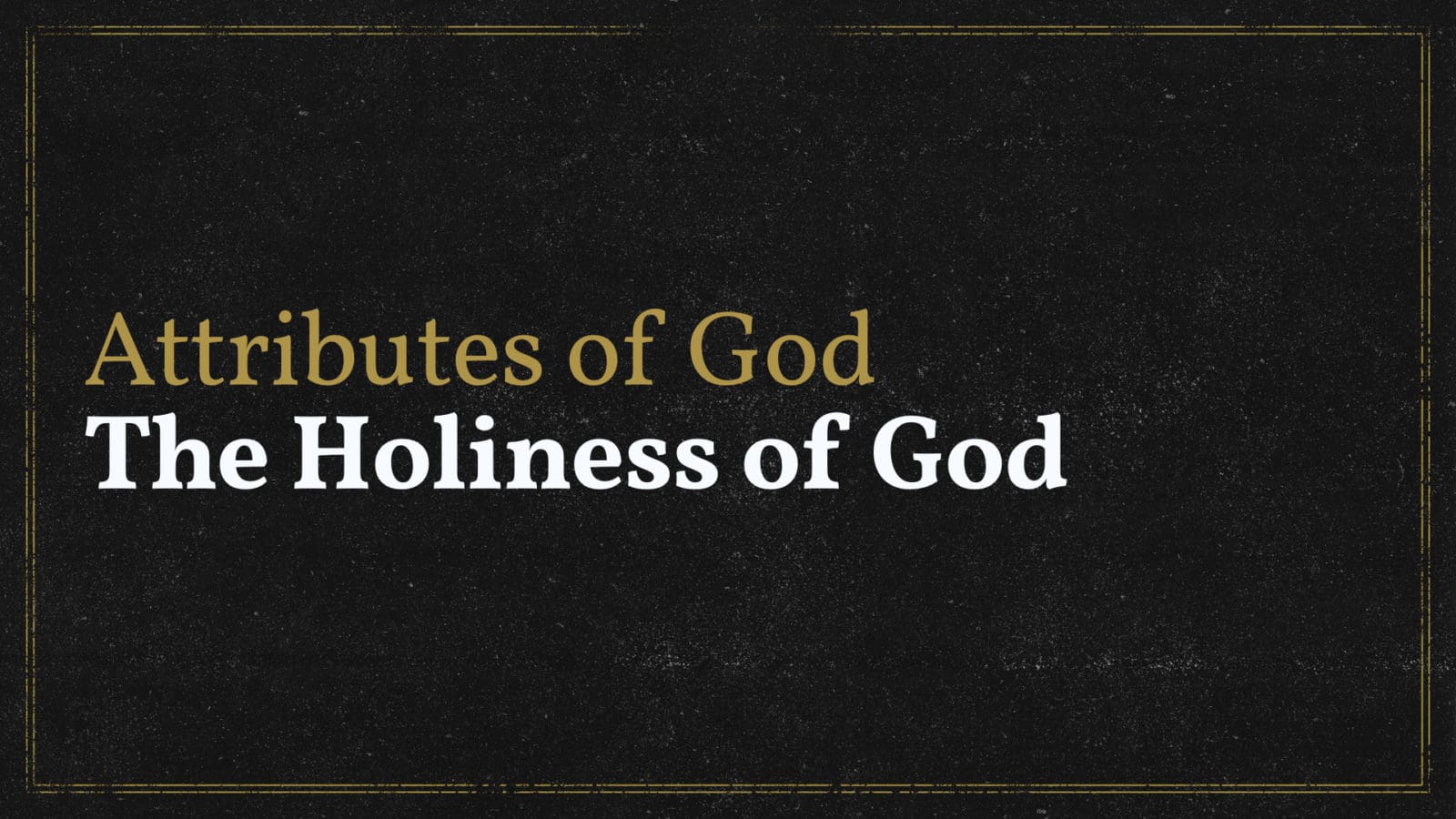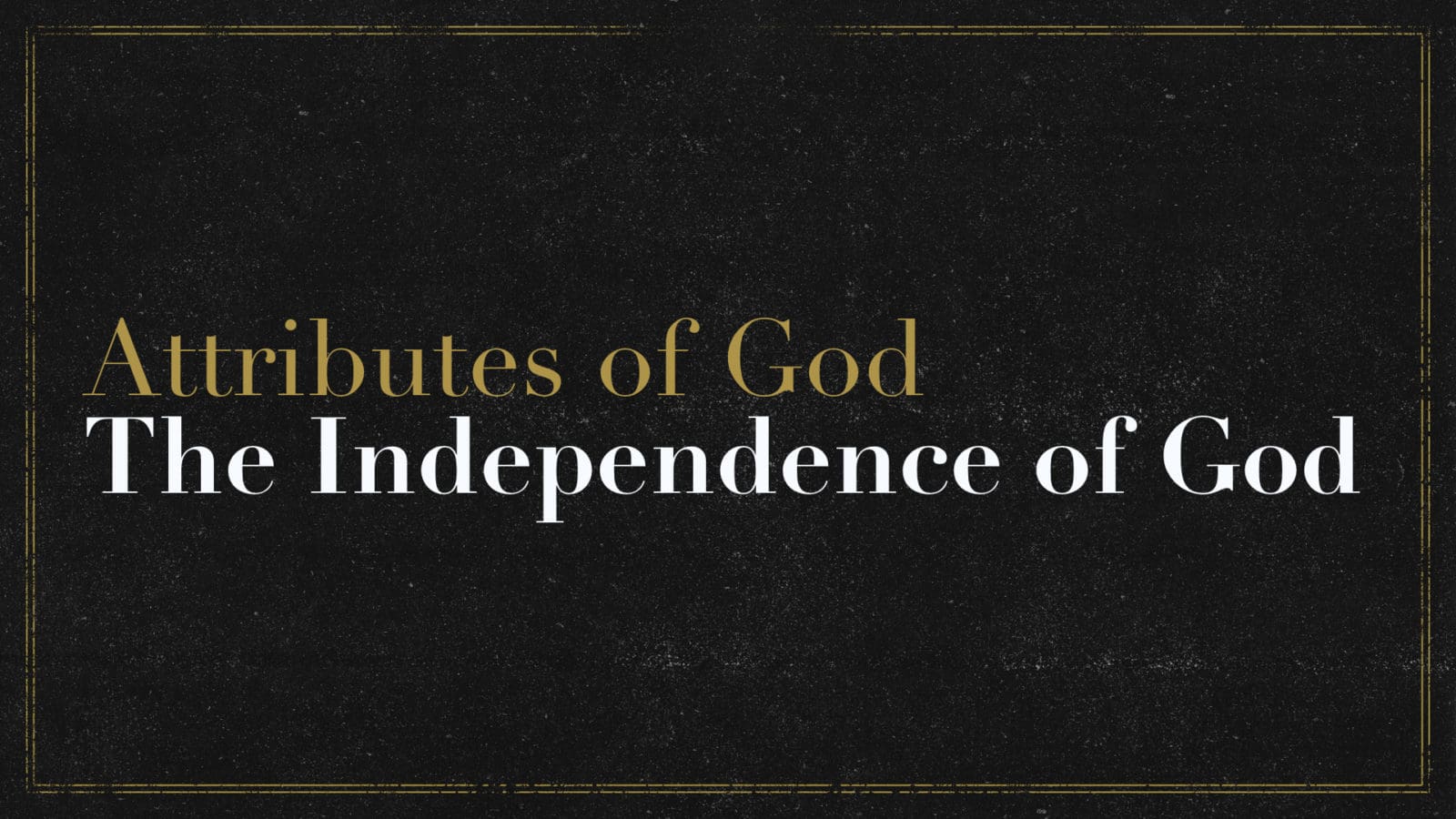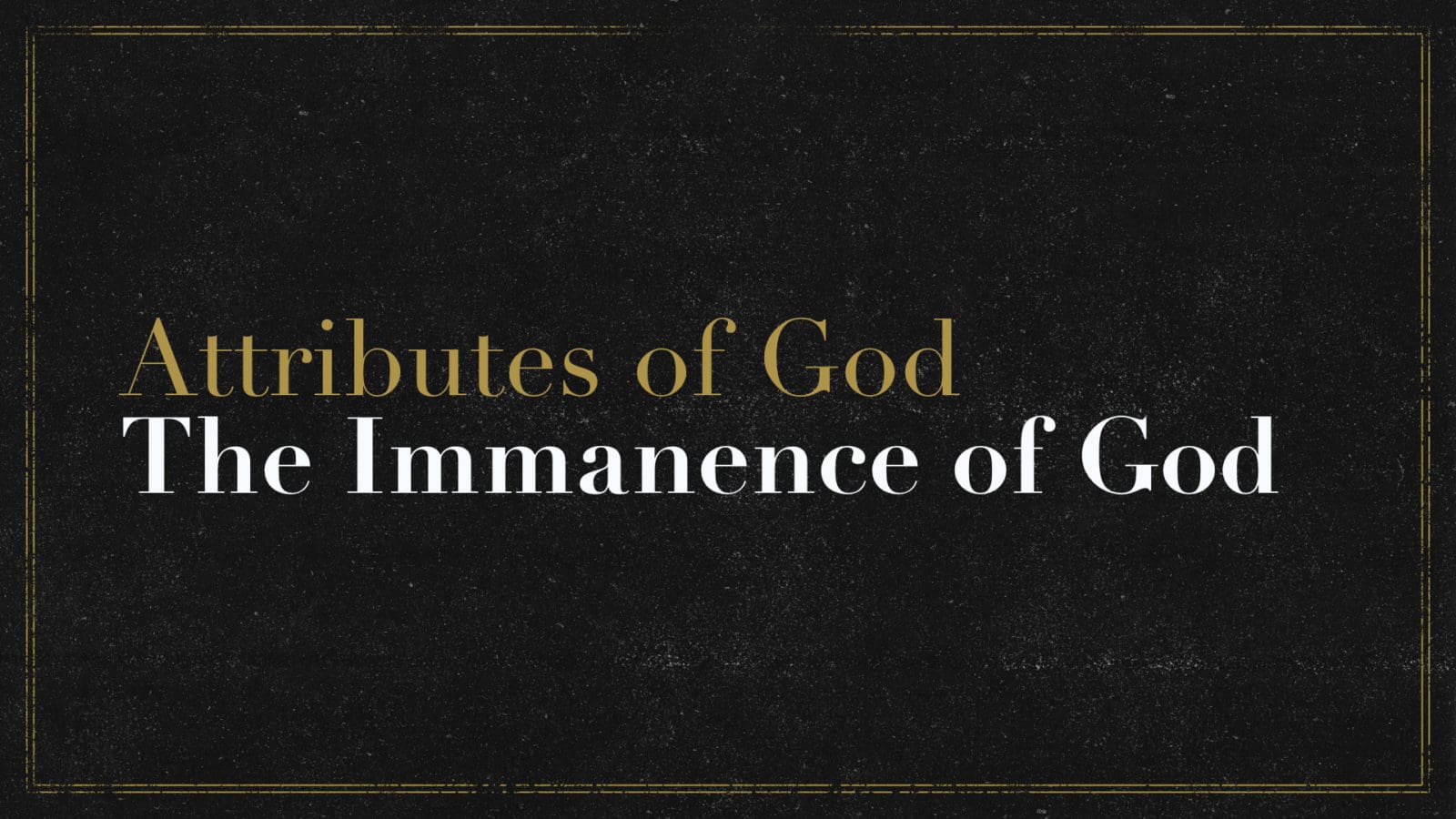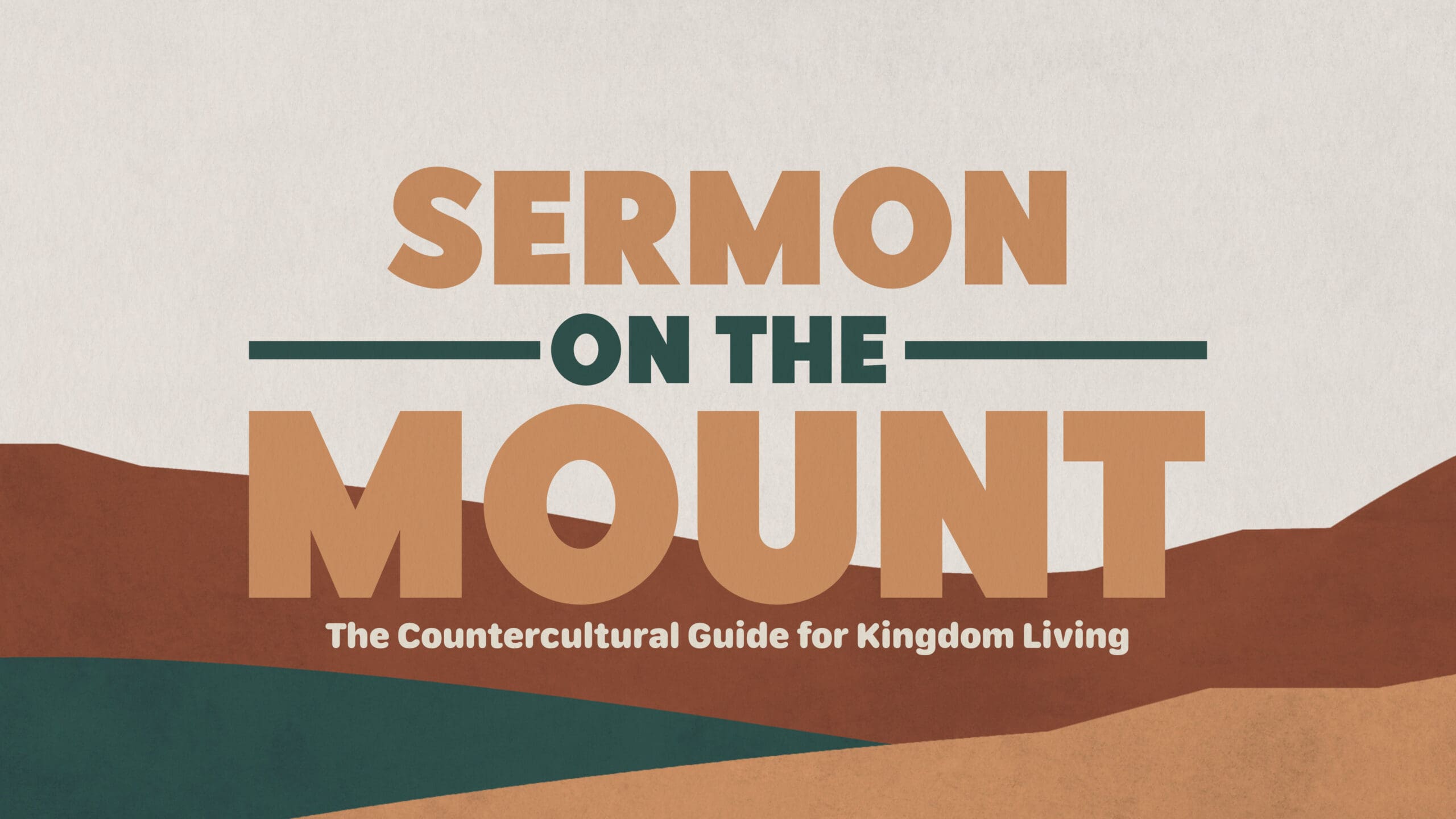Attributes of God are the foundational beliefs about who God is and what He is like that comes from Scripture. You can’t worship a God fully if you only know Him partially.
One critical attribute to study is the transcendence of God.
Incorrect Perception: The Man Upstairs God
Many people casually refer to God as the Man Upstairs. Minimizing the unthinkable chasm between His quality and our quality, they diminish His character as someone only slightly higher than us. This diluted theology only ascribes the slightest superiority to God. We were made in the image of God. God was not made in the image of us. People wrongly assume that God’s worth is just slightly higher than ours.
As they gauge beings on a scale, they will give God the advantage but only by the tiniest of degrees. In this type of thinking, plants aren’t as great as animals, animals aren’t as great as people, people aren’t as great as angels, and angels aren’t as great as God. While the increasing value of worth does increase among this list of beings, it is not incremental. God is more than merely a superior human with a little more knowledge and power.
The Transcendence of God
God is not the Man Upstairs. God is transcendent.
Transcendent means to surpass the capacity of mere human understanding or experience. Something that is transcendent exceeds far beyond our limitations. With this understanding, God is the only absolutely transcendent Being.
- God transcends our worth. God’s worth is so superior to ours, we can’t even begin to search through His greatness (Ps. 97:9; 145:3; 1 Chron. 29:11; Isa. 6:2-3; Rev. 4:8).
- God transcends our understanding. We are unable to even comprehend the thoughts and the ways of God (Isa. 55:8-9; Jer. 23:24).
- God transcends our capacity. We are limited, yet God knows no limit (Job 11:7-10; 1 Tim. 6:16; 1 Kings 8:27; Ps. 95:3-5).
- God transcends our capability. The mighty works that we can comprehend are the mere fringes of His ways (Job 26:7-14; Isa. 40:22).
- God transcends our rationale. Initially experiencing God is not necessarily a comfortably natural encounter (Gen. 18:27; 28:17; Job 40:4; 42:2-6; Isa. 6:5; Dan. 10:15-17; Luke 5:8).
How Should God’s Transcendence Change Us?
If God is so much higher than us, what does that mean about us? If this truth makes you feel small, that is a very welcomed thing for your soul. When you begin to experience a mere fraction of the grandeur of God while understanding your insignificant nature compared to Him, shouldn’t that reveal great distance?
Quite the opposite. Attempting to acknowledge the vast difference between you two should cause you to realize this life-changing truth:
The God high above has come far down below due to His love for you.
David summarizes it beautifully:
“For though the LORD is high, He regards the lowly, but the haughty He knows from afar” (Ps. 138:6).
Isaiah records it this way:
For thus says the One who is high and lifted up, who inhabits eternity, whose name is Holy: “I dwell in the high and holy place, and also with him who is of a contrite and lowly spirit, to revive the spirit of the lowly, and to revive the heart of the contrite” (Isa. 57:15).
A God so high, so immense, so transcendent should discard such trivial creatures like us, and yet He becomes one of us (John 1:14; Phil. 2:5-11) to bring us closer to Himself.

